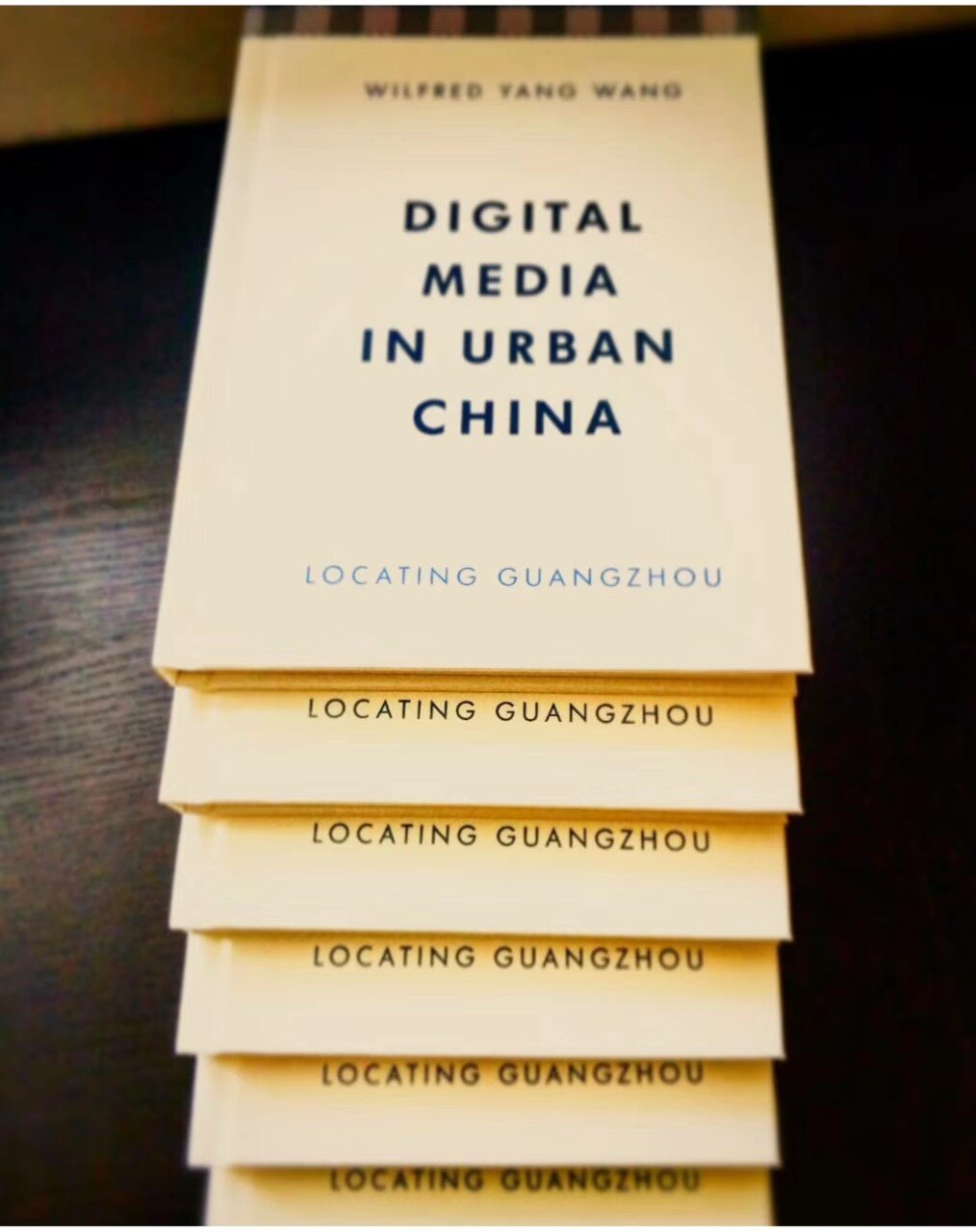
Research areas
I start to see myself as a critical ethnographer, specialising in combining digital and traditional ethnographic methods to understand the intersection between society and media technology.
My work focuses on Chinese language social/digital media, mobile media and migration, digital geographies, and China. My research is situated within the intersections between digitisation, ageing, and the rise of China (economically, politically and also culturally) in a multicultural society like Australia.
Digital technology, ageing society, and the rise of China as realities
Digitisation, ageing and China have become more intertwined with one another, yet each continues to define our experience with the world and our sense of existence in its own way.
They have occupied the public domain and popular imagination in Australia and beyond and none of them are going to fade away any time soon. Studying their respective structural logic, and their concurrence in our social world is of great significance to individuals, businesses, and policy makers.
Research significance and outputs
I hope my research works, focusing on issues of transnational mobility, technological affordances, platform economics, and intercultural communication, can shed some useful lights into our readings and experience of living with these three forces. Learn about my current and completed projects here and please click on the button below to see the full list of my publications.
Selected works
What social media platforms can and should do to build young Asian Australians’ resilience against online racism
Through a national survey conducted between 28 April 2021 and 7 June 2021, we explored the experiences of 413 young Asian Australians with anti-Asian racism on social media and their strategies to cope with the abusive and harmful content. We found that young Asian Australians were conscious of the anti-Asian sentiments, and that they have learned to utilise existing platform functions and mechanisms to protect themselves and the wider community.
Digital Media in Urban China Locating Guangzhou
This book examines the use and culture of digital media in Chinese cities. By examining examples and data from Chinese and global social media platforms, the book argues that digital media facilitate Chinese people’s sense of local self and local identity. In doing so, the book moves on from the polarized debate regarding the democratic function of Chinese internet to instead examine the connection between digital technologies and the country’s history, culture and eventually, people and their everyday lives. It offers a rich analysis of a Chinese city in the digital age, and challenges the nationalistic approach to study China’s digital media culture.
How can we stop fake election news spreading in migrant communities?
Tackling fake news in CALD communities requires partnerships between governments, community groups and media organisations.
There should be a particular focus on digital literacy of community leaders. And more resources should be devoted to improve journalists’ cultural competence in communicating with CALD Australians.
Communicating COVID-19 to our older culturally diverse Australians
COVID-19 lockdowns forced us online, but that’s been a mixed experience for older Chinese Australians – especially when it comes to getting accurate vaccine information.
Mapping Cantonese: The Pro-Cantonese Protest and Sina Weibo in Guangzhou
This chapter explores the reproduction of Guangzhou’s local identity during the pro-Cantonese protest in 2010 on Sina Weibo, one of the most popular social media platforms in China. Specifically, the chapter posits that Cantonese is one of Guangzhouers’ bodily doings and Weibo is also part of the Guangzhou body. Henceforth, Cantonese was not merely the source of contention, but the local language enabled the reconfiguration of the local subjectivity through the practices of digital place remaking.
Migrant communities keep our cemeteries alive as more Anglo-Australians turn to cremation
In a new collaborative research project taken from survey responses and in-depth interviews with members of different communities, we found cemeteries have ongoing significance to Australians, although its meaning and function are changing.
More than half of the 380 survey respondents said they still visit a cemetery once a year or more, and 23% visit once a month or more. But the interview data reveal a more complex and dynamic picture.
In media
Radio/Podcast
Interview with SBS Radio Mandarin , Happy Weekend, on Chinese funeral rites in Australia
Television/online streaming
Panel Discussion on ABC Chinese - How to identify fake news and misinformation during Australia’s election campaign 2022
Interview with SBS News on WeChat and Australian Federal Election 2019
In Print:
• Li, M., (2021, April 3). Funeral culture in Australian Chinese community. ABC Chinese. Retrieved from https://www.abc.net.au/chinese/2021-04-03/funeral-culture-in-australian-chinese-community/100045092.
• Hollingsworth, J. (2019, May 15). Why Australian politicians are using WeChat to win over voters. CNN. Retrieved from https://edition.cnn.com/2019/05/15/world/wechat-australian-election-intl/index.html
• Huang, E. (2019, November 1). WeChat is setting a blueprint for the world's social networks. Retrieved from https://qz.com/1613489/how-wechat-put-the-internet-in-chinas-hands/
• Huang, E., & Lahiri, T. (2019, May 09). Right-wing "fake news" circulates on China's WeChat app as Australia's election nears. Quartz, Retrieved from https://qz.com/1614329/fake-news-on-wechat-focuses-on-the-left-in-australia-election/
• Lin, E. (2019, April 25). Chinese Australians support WeChat campaigning by politicians. SBS News, Retrieved from https://www.sbs.com.au/news/chinese-australians-support-wechat-campaigning-by-politicians
• Zhuang, Y., & Tomazin, F. (2019, May 07). Labor asks questions of WeChat over doctored accounts, 'fake news'. The Sydney Morning Herald, Retrieved from https://www.smh.com.au/national/labor-asks-questions-of-wechat-over-doctored-accounts-fake-news-20190506-p51kkj.html#comments
• Zhuang, Y. (2019, February 05). Dances with dragons and lions: Young Chinese Australians keep Lunar New Year traditions alive. The Sydney Morning Herald, Retrieved from https://www.smh.com.au/national/dances-with-dragons-and-lions-young-chinese-australians-keep-lunar-new-year-traditions-alive-20190205-p50vo8.html







